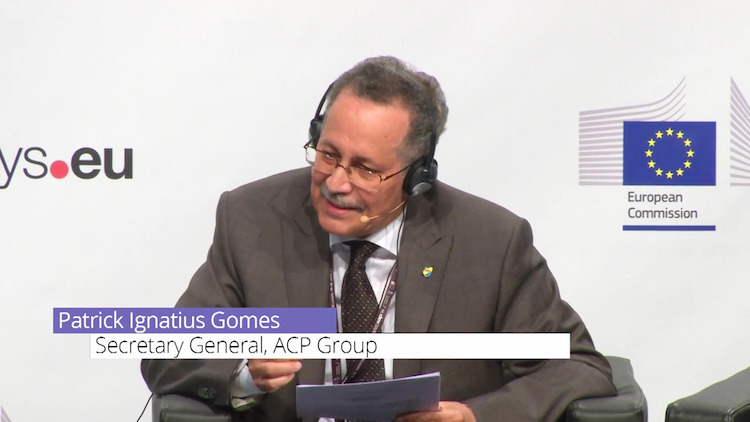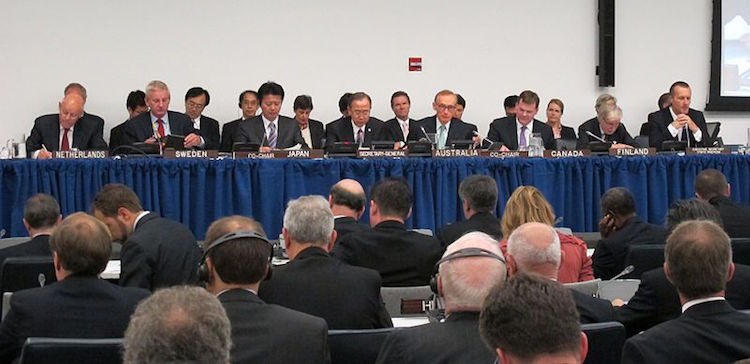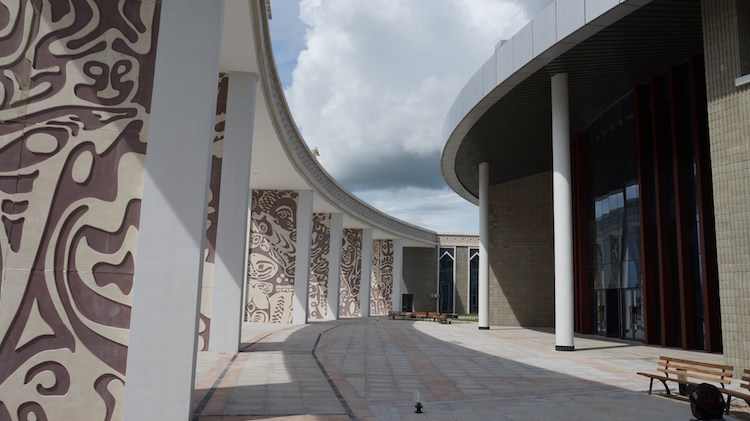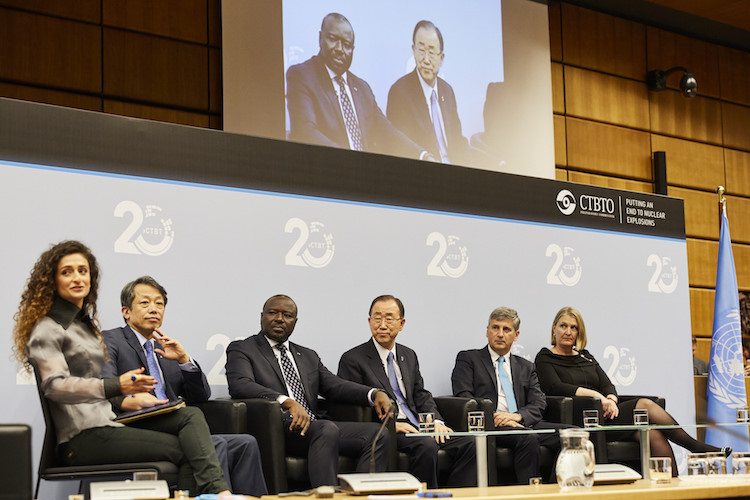By Samantha Sen
HAMBURG (IDN) – The moment said almost all at the G20 summit in Hamburg July 7-8. The heads of government were gathered in a hall, they were requested to turn around towards a presentation. All looked in the direction required – except for U.S. President Donald Trump. And so everyone was looking one way, the U.S. President another. He turned around after a nudge.
Which is where the ‘almost’ comes in. Momentary symbolism on offer like this has to stop somewhere. Trump was given that nudge by British Prime Minister Teresa May. It isn’t May trying to turn Trump towards a consensus with other leaders; she’s looking her own other way herself. And she refused to raise climate change with Trump in the course of a 50-minute bilateral meeting; she only raised it informally after that meeting had ended.

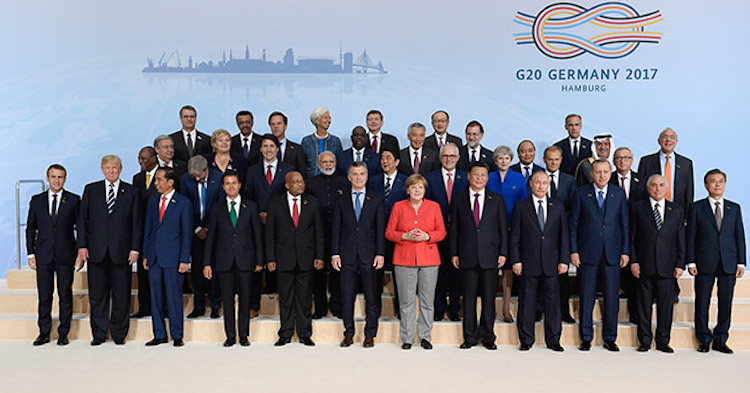

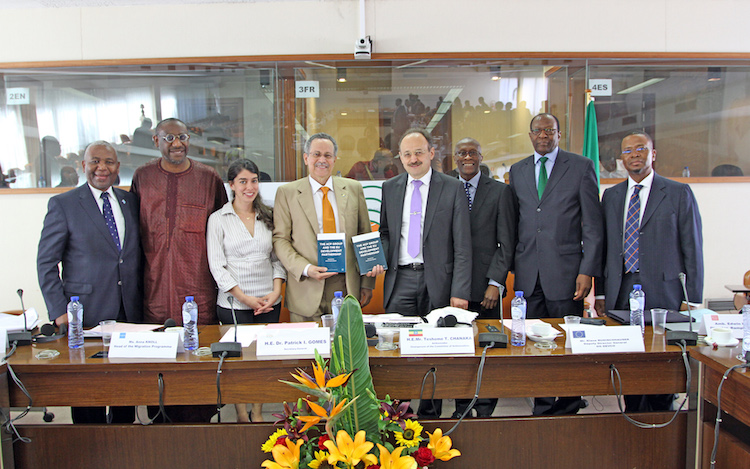
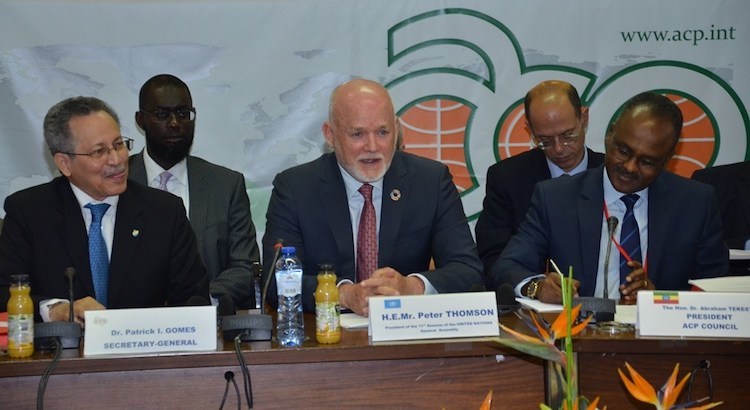
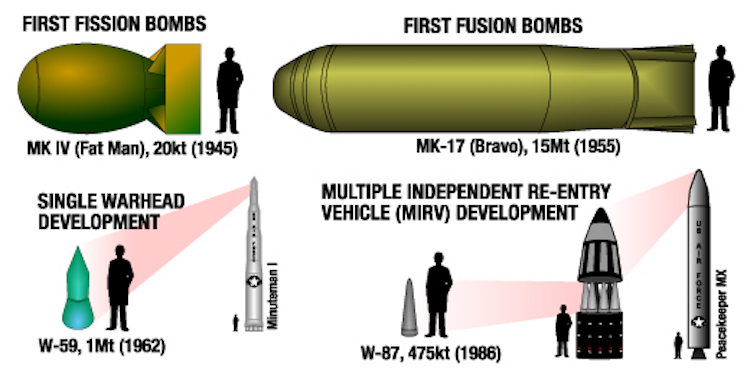
 Note: Brenna Gautam, a J.D. Candidate at Georgetown University Law Center, is a member of the CTBTO Youth Group. This article appears in cooperation with the Comprehensive Nuclear-Test-Ban Treaty Organization (CTBTO), as part of the initiative ‘Youth for CTBTO’. The views expressed are those of the author and do not necessarily reflect those of the CTBTO. – Editor
Note: Brenna Gautam, a J.D. Candidate at Georgetown University Law Center, is a member of the CTBTO Youth Group. This article appears in cooperation with the Comprehensive Nuclear-Test-Ban Treaty Organization (CTBTO), as part of the initiative ‘Youth for CTBTO’. The views expressed are those of the author and do not necessarily reflect those of the CTBTO. – Editor
